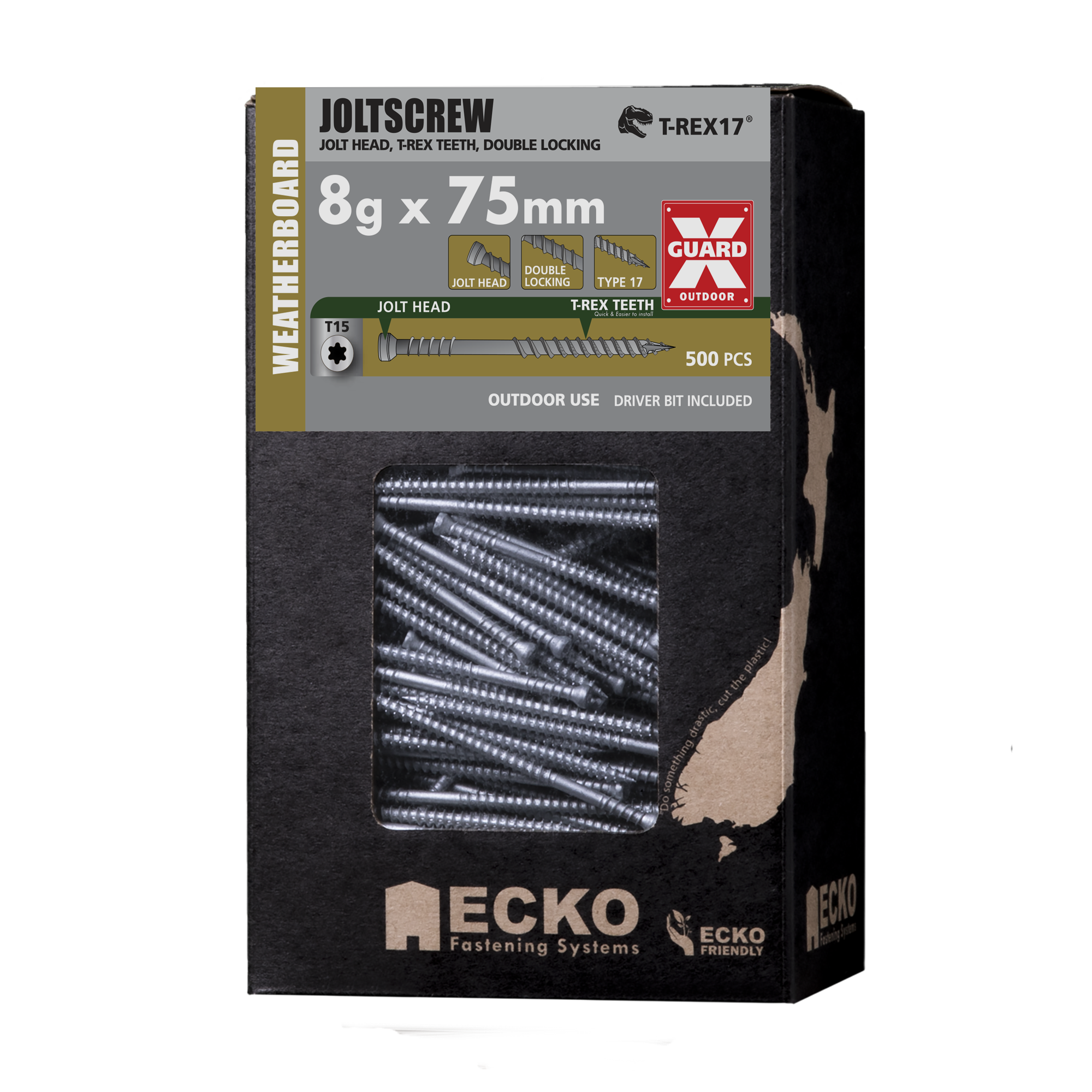Exploring the Importance, Types, and Best Practices of Using Deck Screws in Deck Construction
Building a deck is more than just assembling wood planks—it requires selecting the right materials and fasteners to ensure a sturdy and durable structure. Among the crucial components of deck construction, deck screws play a pivotal role in providing secure attachment and structural integrity. Understanding the types, benefits, and best practices associated with deck screws is essential for anyone embarking on a deck-building project.

What are Deck Screws?
Deck screws are specially designed fasteners tailored for use in outdoor decking applications. Unlike standard screws, deck screws are manufactured from corrosion-resistant materials such as stainless steel or coated carbon steel. These materials protect the screws from rust and deterioration caused by exposure to moisture, UV rays, and fluctuating weather conditions.
Benefits of Deck Screws
Corrosion Resistance: Deck screws are engineered to withstand outdoor elements, making them resistant to rust and corrosion. This durability ensures that deck structures remain securely fastened over years of exposure to rain, snow, and humidity.
Enhanced Grip and Holding Power: The threads and shank of deck screws are designed to provide superior grip and holding power compared to nails or standard screws. This helps prevent loosening and ensures a tighter bond between decking boards and the underlying frame.
Ease of Installation: Deck screws feature sharp threads and often come with self-drilling or self-tapping capabilities. This makes installation straightforward, reducing the likelihood of splitting wood and improving efficiency during construction.
Aesthetic Appeal: Deck screws are available in various finishes, including stainless steel, galvanized, or coated options. These finishes not only enhance the screws' durability but also contribute to the overall aesthetic appeal of the deck by blending seamlessly with decking materials.
Versatility: Beyond decking, deck screws are also used in other outdoor applications such as constructing fences, pergolas, and outdoor furniture. Their versatility makes them a versatile choice for various DIY and construction projects.
Types of Deck Screws
Coated Deck Screws: Zinc-coated or galvanized deck screws offer enhanced corrosion resistance, making them suitable for coastal or high-moisture environments.
Stainless Steel Deck Screws: Stainless steel screws provide exceptional durability and rust resistance, ideal for long-lasting deck structures.
Composite Deck Screws: Specifically designed for use with composite decking materials, these screws often have special features to prevent splitting and ensure a secure installation.
Best Practices for Using Deck Screws
Pre-drilling: For hardwoods or dense decking materials, pre-drilling pilot holes can prevent wood splitting and ensure accurate screw placement.
Spacing and Alignment: Maintain consistent spacing between decking boards to allow for expansion and contraction. Use spacers or tools designed for deck installation to ensure uniform alignment.
Proper Fastening Technique: Drive deck screws straight into the decking material at a consistent angle and depth to achieve maximum holding power without damaging the wood fibers.
Regular Maintenance: Inspect deck screws periodically for signs of corrosion or loosening. Replace any damaged or rusted screws promptly to maintain the structural integrity of the deck.
In conclusion, deck screws are indispensable components in building durable and visually appealing outdoor decks. Their superior corrosion resistance, enhanced grip, and ease of installation make them a preferred choice among builders and homeowners alike. By selecting the right type of deck screws and following best practices during installation, you can ensure a secure and long-lasting deck that enhances your outdoor living space for years to come.
For More Info:-




Comments